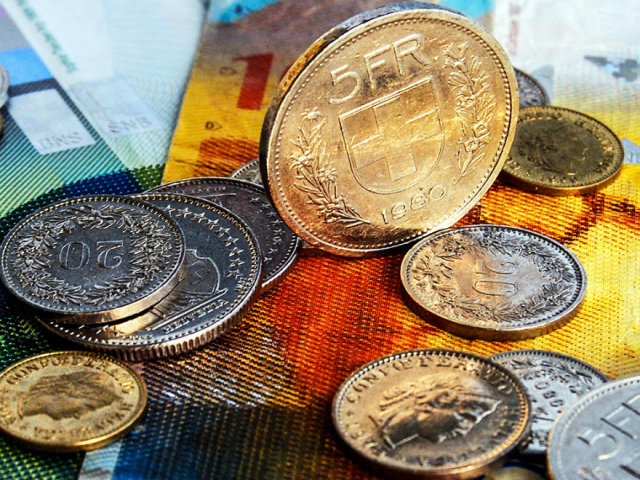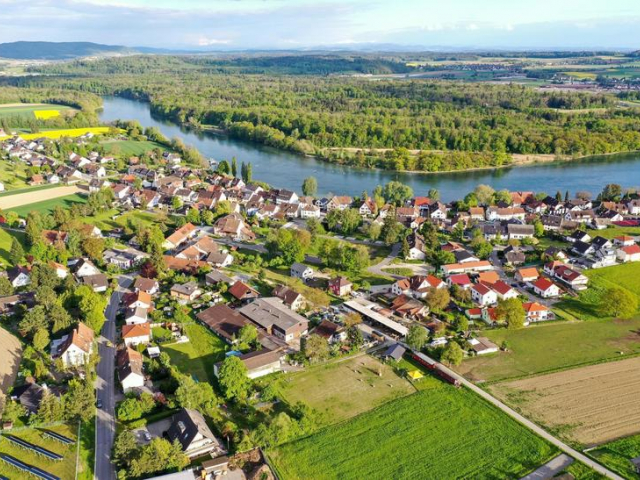
Switzerland
Switzerland has preserved its national currency, the Swiss franc, instead of swapping it for the euro. Analysts highlight this as a testament to the franc's reliability and stability. While the euro can be accepted here, this is often done on a voluntary basis. However, in many shops and cafes in Switzerland, payment is only possible in the national currency.

Liechtenstein
The Principality of Liechtenstein adopted the Swiss franc for transactions back in 1924, though it was legally approved only in 1980. The European currency is not widely used here. Interestingly, Liechtenstein holds the right to mint additional Swiss francs, but this is restricted to commemorative coins and notes, valid only within its borders.

Campione d'Italia
This Italian enclave, entirely surrounded by the canton of Switzerland, conducts its financial transactions in Swiss francs. This is largely because its interactions are predominantly with Switzerland rather than with the Italian mainland. The enclave pays salaries and social benefits in the Swiss currency. Although the euro does circulate in the territory, it is usually accepted at the discretion of merchants.

Büsingen am Hochrhein
Another unique territory is Büsingen am Hochrhein, a small exclave of Germany within Swiss boundaries. Although everyday transactions are carried out mostly in the Swiss franc, the euro remains the official currency of the region. The euro is accepted in official institutions optionally. Given that many locals work in Switzerland and are paid in francs, the Swiss currency enjoys high popularity here.
 English
English 
 Русский
Русский Bahasa Indonesia
Bahasa Indonesia Bahasa Malay
Bahasa Malay ไทย
ไทย Español
Español Deutsch
Deutsch Български
Български Français
Français Tiếng Việt
Tiếng Việt 中文
中文 বাংলা
বাংলা हिन्दी
हिन्दी Čeština
Čeština Українська
Українська Română
Română
